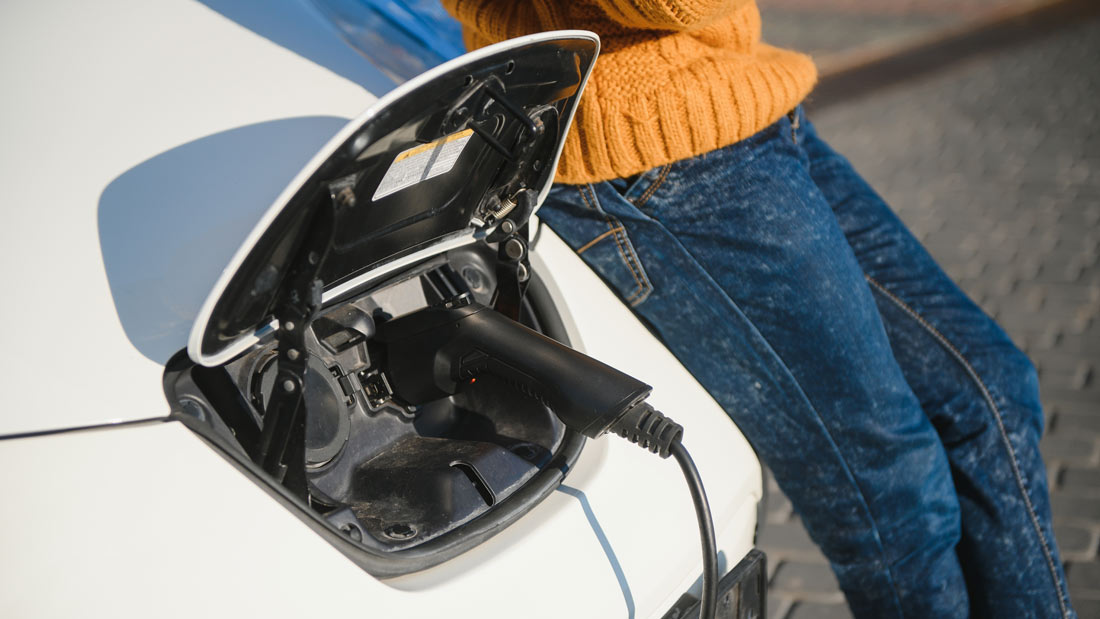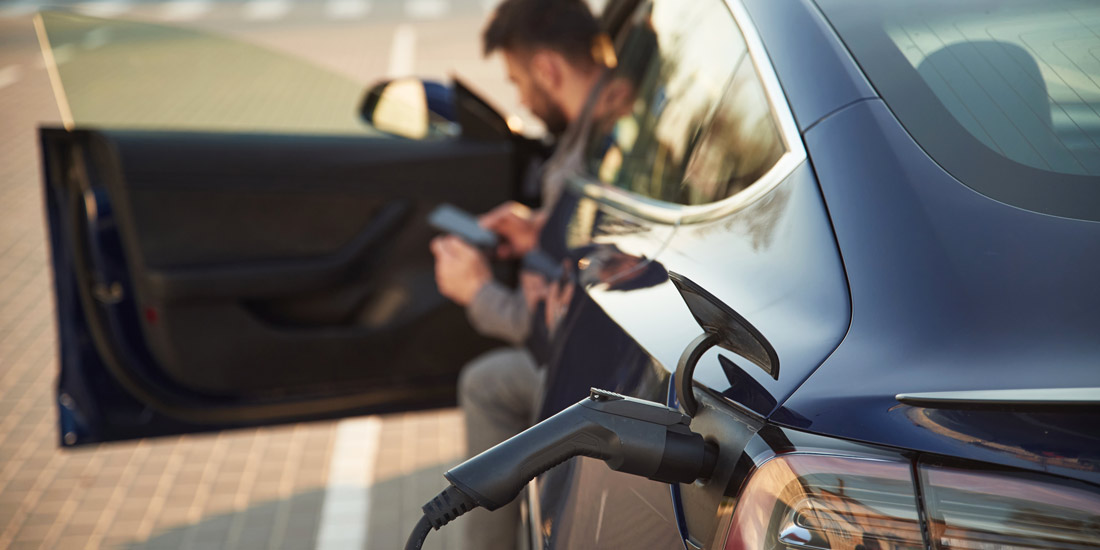
As electric vehicle (EV) sales surge worldwide, many individuals are preparing to embark on their first journey into EV ownership. Here are three essential questions to address before making a purchase.
Where Will You Charge?
Before acquiring an EV, the most important determination to make is where you will charge it. However, the answer is often surprisingly simple. Based on a study conducted by the U.S Department of Energy, 80 percent of EV charging occurs at home. Whether you live in a single-family house or a multifamily property, installing EV chargers at your residence has become more affordable than ever thanks to the widespread availability of rebate and incentive programs. The majority of EV owners opt to charge each night when they return home, which often means shorter charging sessions that place minimal stress on the electric grid. If owners opt to charge overnight, when residential electrical consumption is at its lowest, this also minimizes the expense.
Another popular charging option is your place of work. Many workplaces are taking advantage of rebate and incentive programs to install EV charging stations. Oftentimes, businesses even offer free charging to their employees. According to research conducted by the U.S. government, EV owners with access to home and work charging performed most charging at just those two locations.
While EV owners find that regular charging at their residence and/or workplace is usually sufficient, sometimes drivers find themselves in need of a charge while on the go. EV charging stations can be found at a broad range of commercial properties, such as retail centers, hospitals, airports, hotels, college campuses, and even some convenience stores and fast food restaurants. There are several apps, including free ones like PlugShare, to help drivers easily find these charging stations. They will direct you to the nearest charging stations along your planned route and inform you of how many chargers are available. Even Google Maps has an electric vehicle setting that allows you to select the type of charging plug your EV uses and guides you to the nearest compatible charging station.
How Will You Manage Range Anxiety?
The phrase “range anxiety” describes consumers’ fears that an EV will run out of power before they can find a place to charge. An EV’s lower potential range compared to gas-powered vehicles, paired with the assumption that there isn’t always going to be a charging station nearby, can create apprehension in first-time EV drivers. However, this fear is widely overblown. According to AAA, 95% of EV drivers report that they’ve always had enough charge to get where they’re going. Furthermore, range anxiety is reported to dissipate once a consumer starts driving their EV. This is because most EV drivers charge regularly at home and/or work, ensuring their vehicle is powered up at all times.
While you likely won’t need this for day-to-day activities, you can also plan your route for any trips that exceed your EVs range to include a stop at an EV charging station along the way. Many electric vehicles will even plot out where and when to charge your EV automatically if you put your trip into their navigation system.
Another way to combat range anxiety is to support EV infrastructure growth. If you live in a multi-family community, ask management to install charging stations. The same goes for commercial properties you frequent. Many states have incentivized the building of EV charging infrastructure, in some cases fully covering the cost of installation.
How Will Weather Impact Your Electric Vehicle?
The climate you live in can also play a role in EV ownership. Extremely cold weather can cause EVs to charge up to 3 times slower than at warm temperatures.
Although cold temperatures can reduce an unplugged EV’s range by about 20% due to the need to maintain the vehicle’s interior temperature, this is roughly in line with a gas powered vehicle’s 24% reduction in fuel efficiency while driving in the same conditions. Hot weather can also have an impact on an EV’s range (up to 17% range loss) due to running the air conditioning. However, gas-powered vehicles using air conditioning are affected even more than EVs (up to 25% decrease in fuel efficiency). This makes EV ownership an even more attractive option for those living in warm climates.
Finding a place to charge, managing range anxiety, and considering the positive or negative impact of your local climate are the most critical elements to address before purchasing your EV. But once you account for those issues, EV ownership is generally highly satisfying. 96% of EV owners say that they would buy or lease another EV the next time they’re in the market for a vehicle.
Chargie powers up drivers and property owners
Fast, reliable charging for drivers
We provide EV drivers fast, reliable charging through our network of Level 2 and Level 3 charging stations. Our 98%+ network availability ensures drivers come back to a fully charged car and our 24/7/365 support allows us to help at every turn along the way.
Easy turnkey installation for property owners
Add value, not work, with our turnkey solution for commercial and multifamily properties. Our in-house teams provide properties with end-to-end project management, installation, and ongoing operations and support. We’ll even do all the rebate paperwork and applications for you. Reach out to our team of EV infrastructure experts for a free installation evaluation.























